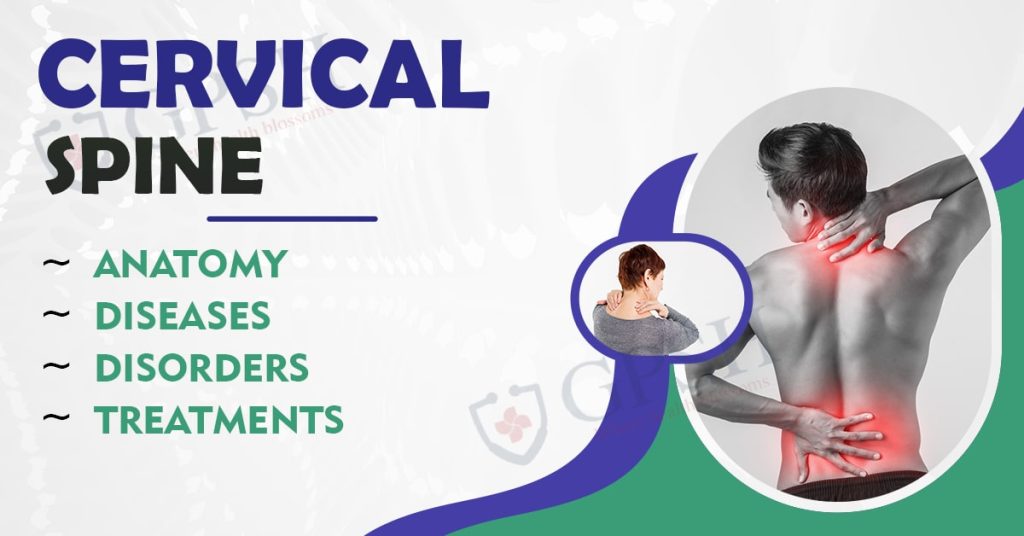Overview
Regular exercise is a cornerstone of a healthy lifestyle, providing profound benefits for both the body and mind. Engaging in consistent physical activity can enhance cardiovascular health, strengthen muscles, and improve flexibility, leading to a more robust and resilient physique. Beyond the physical advantages, regular exercise also plays a crucial role in mental well-being. It can reduce stress, alleviate symptoms of depression and anxiety, and boost overall mood through the release of endorphins. Understanding the multifaceted benefits of regular exercise underscores its importance in fostering a balanced, healthy, and fulfilling life.
10 Benefits of Regular Physical Activity
Regular exercise is of paramount importance for maintaining overall health and well-being. Here are some key benefits of regular physical activity :
1. Improves Cardiovascular Health
- Regular physical activity strengthens the heart muscle, allowing it to pump blood more efficiently throughout the body. It also helps improve the function of the blood vessels, lowering blood pressure and improving cholesterol levels.
- Exercise stimulates the production of nitric oxide, which helps blood vessels relax and improves circulation. This reduces the risk of atherosclerosis (the buildup of fats and cholesterol in artery walls) and heart-related issues like heart attack and stroke.
2. Aids Weight Management
● Physical activity helps maintain a healthy weight by burning calories. When you engage in activities like walking, running, or swimming, your body uses energy, which can prevent excess calories from being stored as fat.
● The balance of calories consumed versus calories expended determines body weight. Regular exercise increases energy expenditure, helping to create a caloric deficit that leads to weight loss or prevents weight gain.
3. Strengthens Muscles and Bones
- Activities such as weightlifting, running, and jumping stimulate muscle growth and bone density. Stronger muscles improve balance and coordination, while denser bones reduce the risk of fractures and osteoporosis.
- Weight-bearing and resistance exercises induce mechanical stress on bones and muscles, which stimulates osteoblasts and muscle fibers to grow and strengthen. This process is known as bone remodeling and muscle hypertrophy.
4. Boosts Mental Health
- Exercise releases endorphins, serotonin, and dopamine, which are chemicals in the brain that elevate mood and reduce feelings of depression and anxiety. Regular physical activity can also serve as a distraction, allowing you to find some quiet time to break out of the cycle of negative thoughts.
- Endorphins act as natural painkillers and mood enhancers. Serotonin and dopamine are neurotransmitters that regulate mood, and their increased levels can lead to improved emotional well-being.
5. Enhances Brain Function
- Exercise increases blood flow to the brain, promoting the growth of new neurons and improving brain plasticity. It enhances cognitive functions such as memory, attention, and problem-solving skills.
- Physical activity stimulates the production of brain-derived neurotrophic factor (BDNF), a protein that supports the growth and differentiation of new neurons and synapses, enhancing brain function and cognitive abilities.
6. Improves Sleep Quality
- Regular exercise helps regulate your sleep patterns by reducing the time it takes to fall asleep and increasing the duration of deep sleep. It can alleviate insomnia and improve sleep quality.
- Physical activity increases body temperature, and the post-exercise drop in temperature may promote sleep. Exercise also reduces arousal, anxiety, and depressive symptoms, which can interfere with sleep.
7. Reduces Risk of Chronic Diseases
- Engaging in regular physical activity helps prevent and manage chronic diseases like type 2 diabetes, cancer, and arthritis. It helps control blood sugar levels, reduces inflammation, and improves joint function.
- Exercise improves insulin sensitivity and glucose metabolism, reducing the risk of type 2 diabetes. It lowers levels of inflammatory markers, which are associated with chronic diseases, and strengthens the muscles around joints, reducing pain and improving function in conditions like arthritis.
8. Enhances Immune Function
- Moderate exercise can boost the immune system by promoting good circulation, which allows immune cells to move freely and do their job efficiently. This helps the body defend against infections and diseases.
- Physical activity enhances the circulation of immune cells, such as T cells and natural killer cells, improving the body’s ability to detect and respond to pathogens. It also reduces the levels of stress hormones, which can suppress immune function.
9. Promotes Longevity
- Regular physical activity is associated with a longer lifespan. It reduces the risk of premature death from heart disease, cancer, and other major causes, contributing to a longer, healthier life.
- Exercise mitigates risk factors for various chronic diseases and conditions that lead to premature death. It improves cardiovascular health, reduces obesity, and enhances overall physiological function, contributing to increased longevity.
10. Improves Quality of Life
- Regular exercise enhances overall quality of life by increasing physical fitness, providing more energy, improving mood, and fostering social interactions. It can also boost self-esteem and body image.
- Physical activity enhances the efficiency of the cardiovascular and respiratory systems, leading to increased energy levels. The release of endorphins and other neurotransmitters improves mood and mental well-being. Social activities related to exercise can foster a sense of community and support, further enhancing quality of life.
Tips to make up your mind for Regular Exercise
Deciding to incorporate regular exercise into your lifestyle often requires a series of small, manageable changes that can help you stay committed. Here are some lifestyle changes to consider:
1. Set Clear Goals:
- Define what you want to achieve with regular exercise, whether it’s weight loss, improved fitness, or enhanced mental well-being.
- Write down your goals and create a timeline to track your progress.
2. Schedule Exercise:
- Treat exercise as a non-negotiable appointment in your daily schedule.
- Allocate specific times for exercise, just as you would for work or other important activities.
3. Start Small:
- Begin with manageable activities that fit your current fitness level to avoid burnout or injury.
- Start with short walks, light jogging, or beginner-level fitness classes and gradually increase intensity.
4. Find Activities You Enjoy:
- Choose exercises that you find fun and engaging to stay motivated.
- Experiment with different activities like swimming, dancing, hiking, or team sports to find what you love.
5. Set Up a Routine:
- Establish a consistent routine to make exercise a regular part of your day.
- Design a weekly exercise plan that includes a variety of activities to keep things interesting.
6. Get a Workout Buddy:
- Exercising with a friend can increase accountability and make workouts more enjoyable.
- Find a workout partner with similar fitness goals or join a local fitness group or class.
7. Track Your Progress:
- Detail: Monitoring your progress can keep you motivated and help you see how far you’ve come.
- Action: Use a fitness app, journal, or wearable fitness tracker to log your workouts and improvements.
8. Reward Yourself:
- Set up a reward system for reaching fitness milestones to stay motivated.
- Treat yourself to something special, like a new workout outfit, a massage, or a day off, when you achieve a goal.
9. Make It Convenient:
- Reduce barriers to exercise by making it as convenient as possible.
- Keep workout gear in your car or office, choose a gym close to home or work, or invest in home exercise equipment.
10. Stay Flexible:
- Life can be unpredictable, so be willing to adjust your exercise plan as needed.
- If you miss a workout, don’t get discouraged. Simply reschedule it and stay committed to your overall plan.
Conclusion
Incorporating regular exercise into your lifestyle is one of the most beneficial choices for your overall health and well-being. The extensive advantages; from better cardiovascular health and effective weight management to enhanced mental health and lower risk of chronic diseases; underscore the significant impact that physical activity can have on both your body and mind. Exercise not only increases energy levels and improves sleep quality but also promotes social connections and boosts self-esteem. By prioritizing regular physical activity, you invest in a longer, healthier, and more fulfilling life. Making this habit a part of your daily routine not only helps you maintain a balanced lifestyle but also supports longevity and an improved quality of life.





